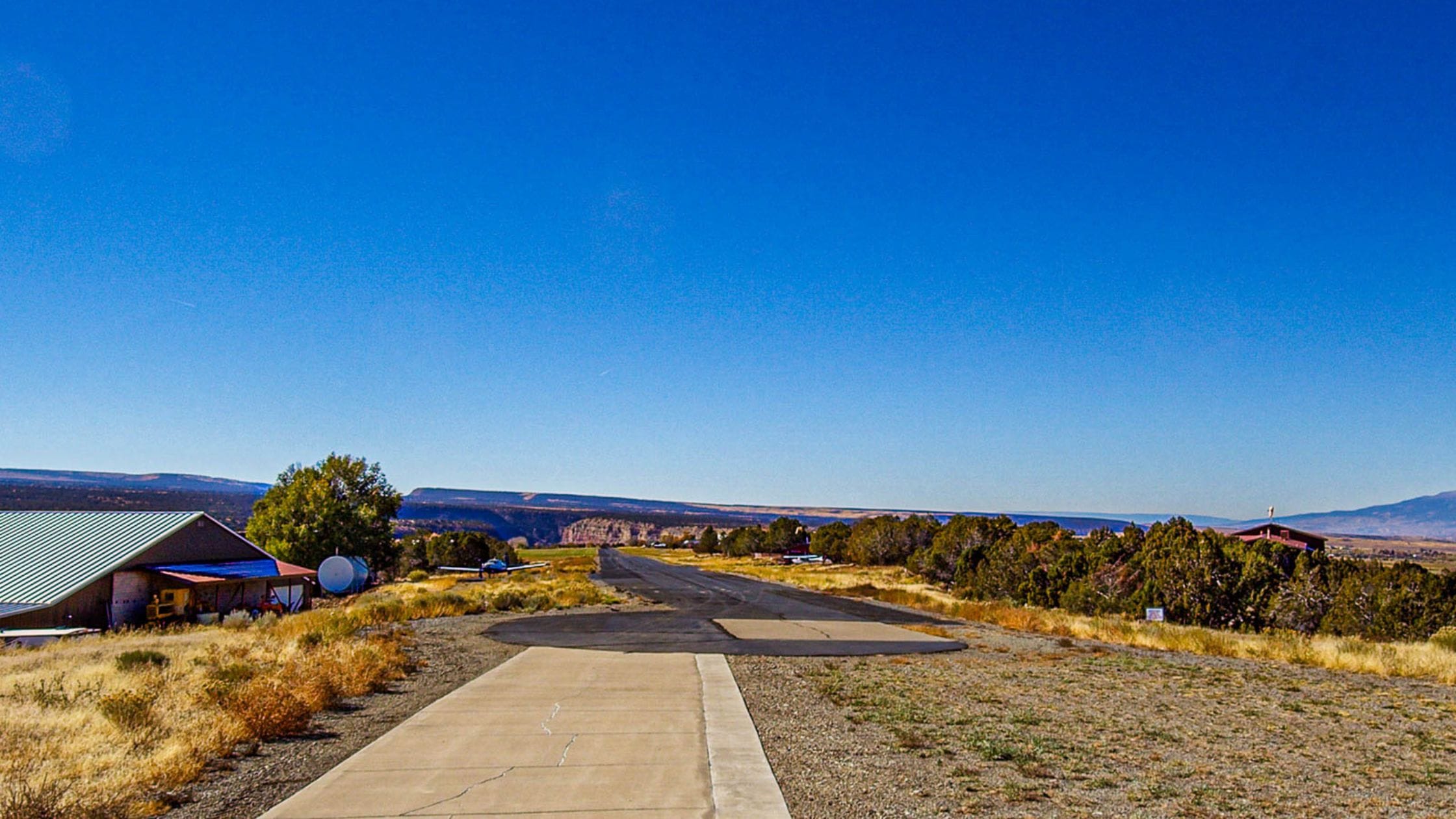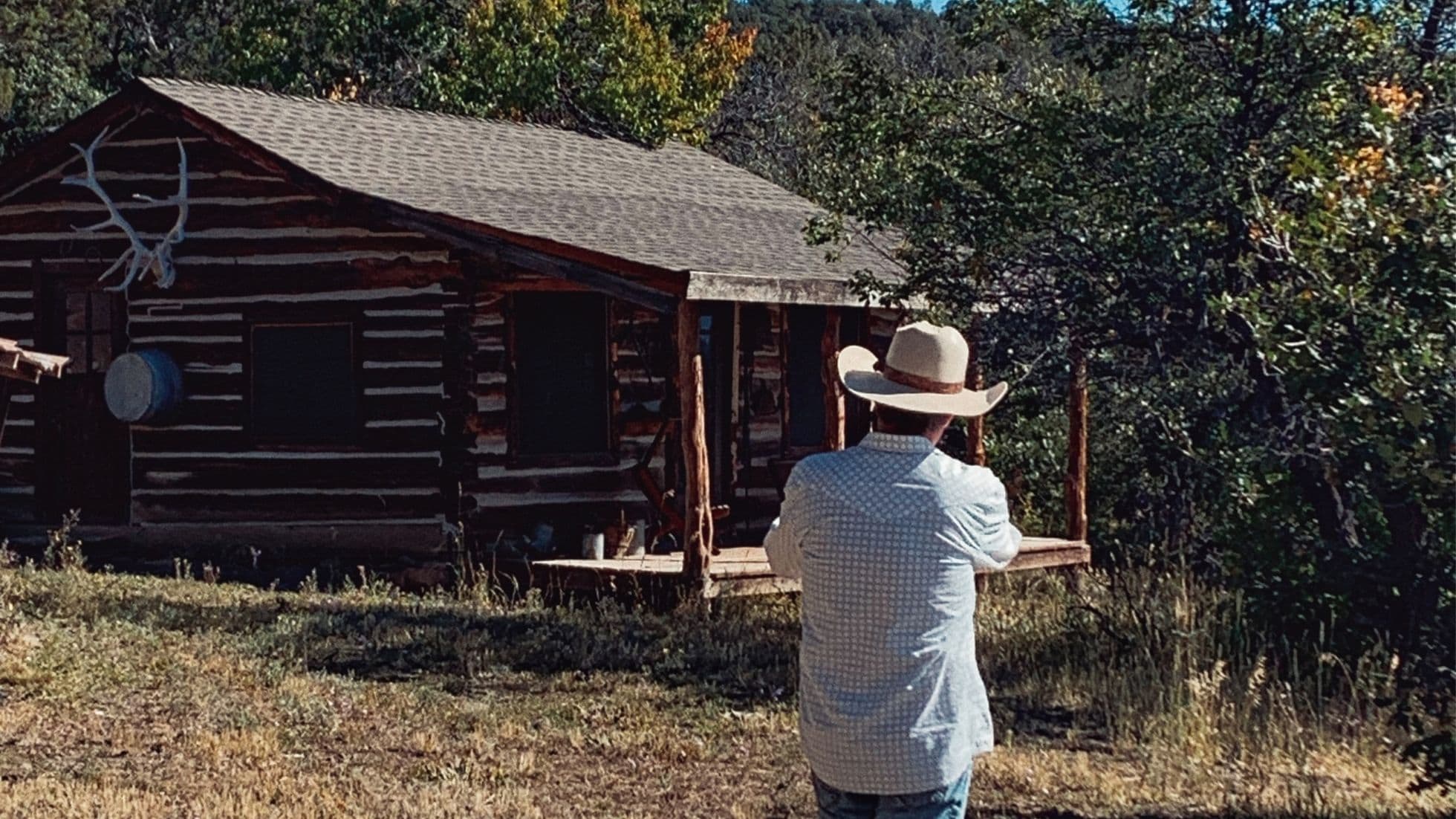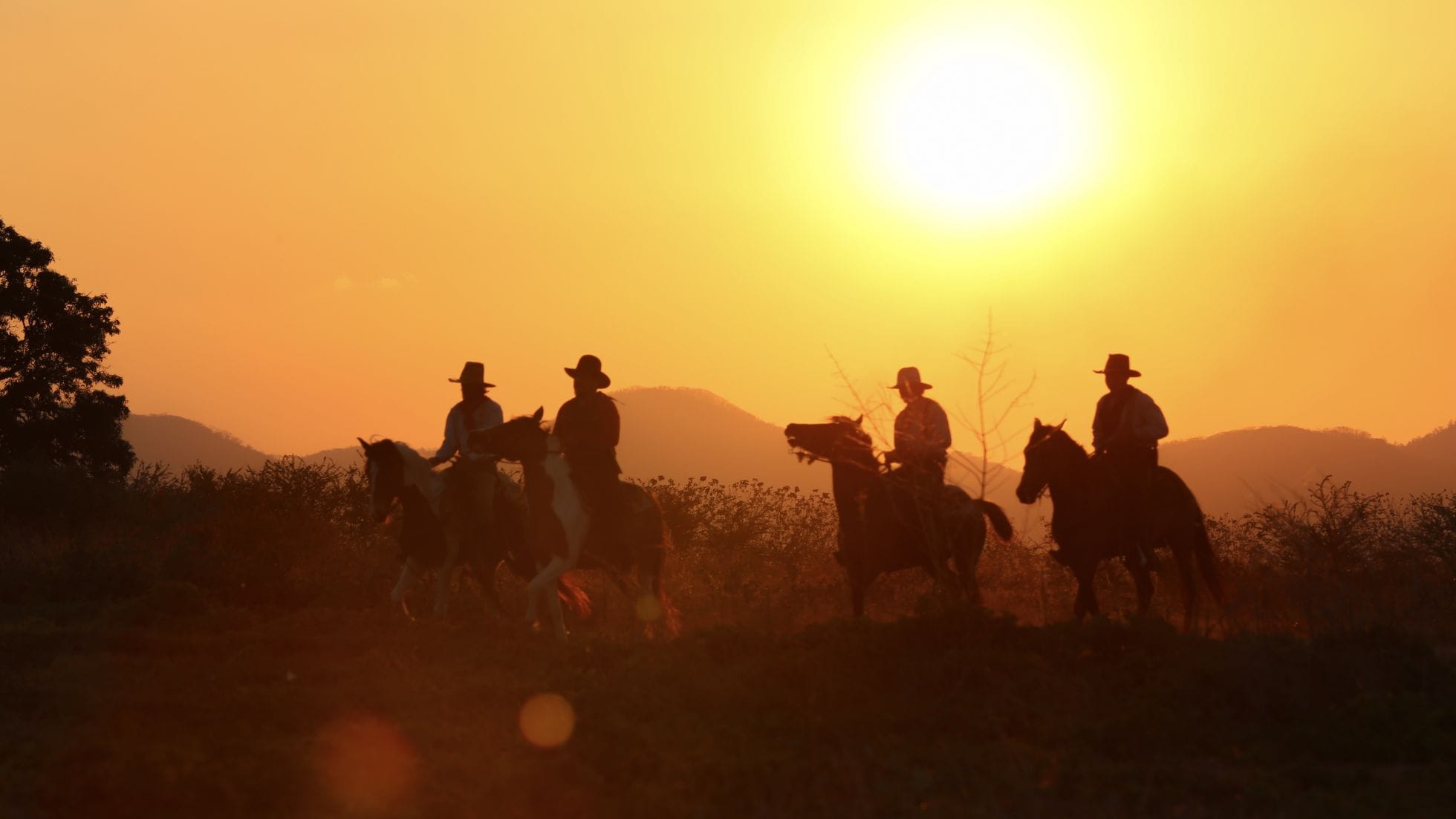As a real estate broker in Western Colorado, I’m honored to have the unique privilege of visiting some of the area’s most pristine and prestigious ranches and farms. I’m not just talking about small, 15-acre ranches that were bought and sold throughout the decades – although those can be great too. I’m talking about the massive ranches and farms that have earned historical significance through years of blood, sweat, and tears from owners passionate about creating and sustaining agriculture, wildlife, and natural resources.
What is the definition of a legacy ranch is just that – a ranch rooted in history and dedicated to preserving ranching tradition. Fellow ranchers and passionate Western Colorado inhabitants agree that this tradition of living sustainability off your land, providing for your community, and exploring the Western frontier is of the utmost importance.
Preserving a Sustainable Quality of Life
In the modern world, where everything moves at the speed of light and most people flock to big cities for career opportunities, many of those same people overlook the foundation of the Western frontier. These lands were founded upon the desire for sustainability, freedom, heritage, and community.
Those of us that still honor those values look to legacy ranches to uphold them. We cannot find sustainability, freedom, heritage, and community in cities anymore, and many ranches have been subdivided and developed so much over the years that they’re virtually unrecognizable today.
History of Legacy Ranches in Colorado
Most legacy ranches in Colorado were founded in the 1800s and have remained in operation since. When miners began settling the West, they were allotted miner claims to 10.3 acres of land surrounding the areas we now know as Telluride, Durango, and Crested Butte, Colorado. Settlers formed townships and deeded agricultural grounds, allotting farmers 160-acre parcels to provide for the boom towns and miners.
When the mining boom slowed, many ranchers who had claimed these parcels struggled to find demand for their livestock and crops. As people dispersed throughout the Western frontier, many ranchers traded their land to settle debts, resulting in fewer ranches with more acreage. Several of these ranches in Colorado have been passed down through generations and still exist today.
Due to increasing populations, rising career opportunities in industries other than agriculture, and tumultuous economic periods, many of the original ranches in Colorado cease to exist today. However, as owners subdivide, sell, and develop their ranches, we are losing a connection with the values that once made the West such an attractive place to settle and held sustainability in high regard.
Rarity and opportunity make legacy ranches in Colorado and throughout the Western United States very valuable, especially to those who want to maintain a connection between agriculture and their communities.
How To Purchase a Legacy Ranch in Colorado
If you want to purchase a legacy ranch in Colorado and preserve Western tradition, there are two primary places to start. United Country Real Estate Western Land & Lifestyle Properties can help you with either.
First, you can purchase any land for sale in Colorado, with plans to expand as more surrounding land hits the market. There is nothing wrong with operating a hobby farm until you have more acreage.
Alternatively, you can wait for a legacy ranch to hit the market. It may take longer, but, if you’re patient, it may be worth the wait.


